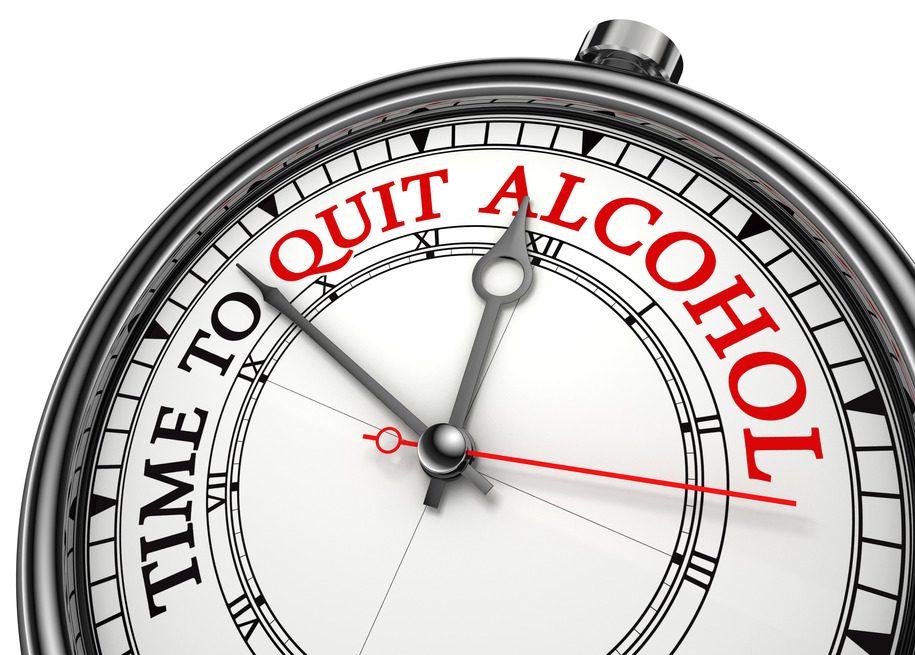Severe symptoms of alcoholism

Severe symptoms of alcoholism and other substance abuse that ruins people’s lives
Severe symptoms of alcoholism: Specific alcoholism treatment for quick recovery
Alcoholism and drug addiction are now an international problem. So many organizations and medical professionals are working round the clock with one objective of eliminating all the severe symptoms of alcoholism and other substances. AA’s 12-step approach to recovery includes a spiritual component that might deter people who lack religious convictions. AA emphasizes that the “higher power” component of its program need not refer to any specific belief system. Associated membership programs also offer help for family members and friends of alcoholics. Having established AWAREmed Health and Wellness Resource Center for the same purpose of eliminating addiction. Doctor Dalal Akoury is in agreement that the application of AA’s 12 steps provides relevant support network involving group meetings periodically across the world. The following are the magic steps according to AA.
Severe symptoms of alcoholism: The 12 steps of alcoholics anonymous
- We admit we were powerless over alcohol — that our lives have become unmanageable.
- We have come to believe that a Power greater than ourselves could restore us to sanity.
- We have made a decision to turn our will and our lives over to the care of God, as we understand what this Power is.
- We have made a searching and fearless moral inventory of ourselves.
- We have admitted to God, to ourselves and to another human being the exact nature of our wrongs.
- We are entirely ready to have God remove all these defects of character.
- We have humbly asked God to remove our shortcomings.
- We have made a list of all persons we had harmed and have become willing to make amends to them all.
- We have made direct amends to such people wherever possible, except when to do so would injure them or others.
- We have continued to take personal inventory and when we were wrong promptly admitted it.
- We have sought through prayer and meditation to improve our conscious contact with God as we understand what this higher Power is, praying only for knowledge of God’s will for us and the power to carry that out.
- Having had a spiritual awakening as the result of these steps, we have tried to carry this message to alcoholics and to practice these principles in all our affairs.
This method is based on structured skills and be suitable for people with severe alcoholism. Under this method patients are given assignments meant to help them advance their willpower to cope with basic living situations including controlling their behaviors and changing their way of thinking about drinking. These can be done in the following approaches:
- Patients will be encouraged to write a brief history of their drinking experiences and illustrate what they consider to be risky situations.
- They are then assigned activities to help them cope when exposed to “cues” (places or circumstances that trigger their desire to drink).
- Patients may also be given tasks that are designed to replace drinking. An interesting and successful example of such a program was one that enlisted patients in a softball team. This gave them the opportunity to practice coping skills, develop supportive relationships, and engage in healthy alternative activities.
CBT may be especially effective when used in combination with opioid antagonists, such as naltrexone. CBT that addresses alcoholism and depression also may be an important treatment for patients with both conditions.
Severe symptoms of alcoholism: Specific alcoholism treatment for quick recovery
http://regenerativepotential.com/wp-admin





